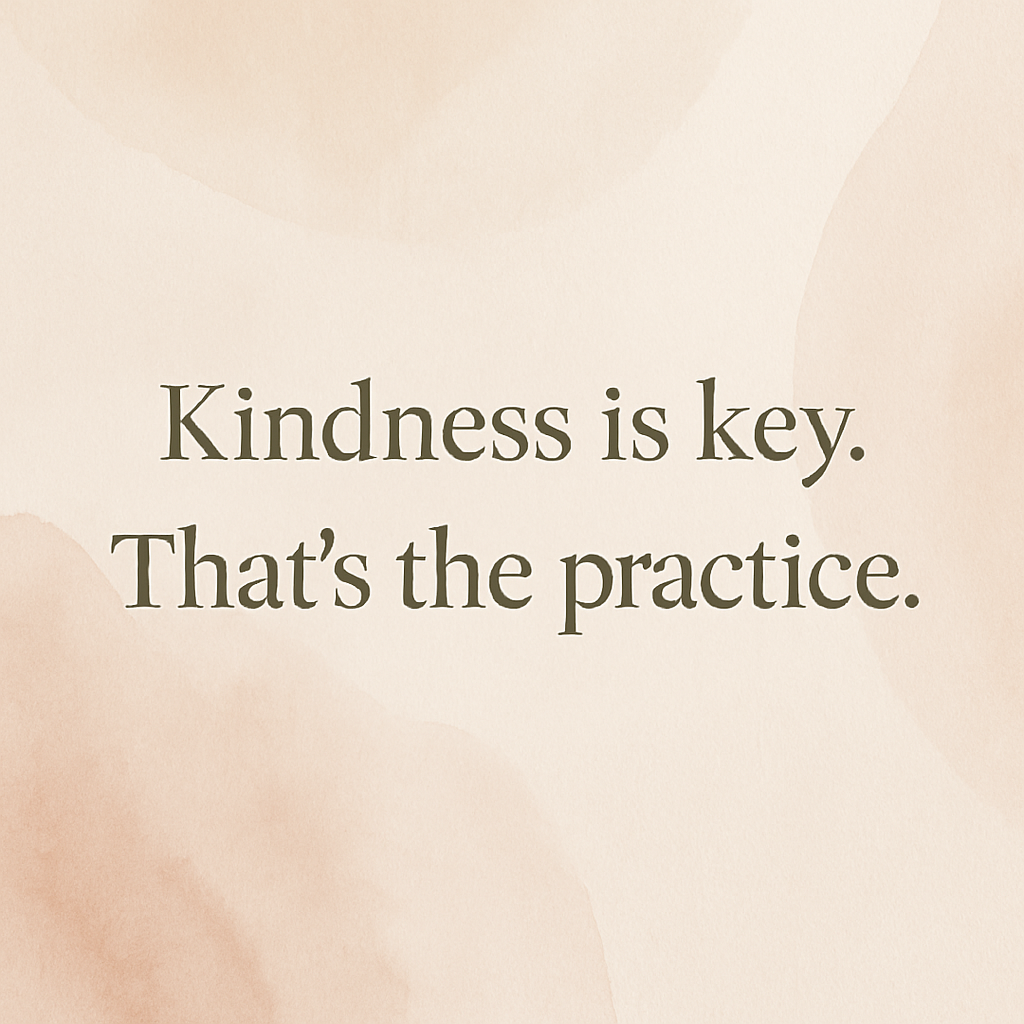What is Mindfulness? A Gentle Introduction
Do you feel constantly at the whim of your emotions, like you have little choice or control over what you do or say? Do you wish that you could live “in the moment” instead of being ruled by regrets of the past or worries about the future? You may have heard that mindfulness can help with anxiety, stress, or parenting challenges, but what actually is mindfulness?
To me, mindfulness is about being aware of what is going on around you, but also what’s going on inside of you (emotionally, mentally, physiologically) as you focus your attention on one thing at a time, with compassion and kindness instead of judgement. It’s almost as if your mind is full, immersing yourself in all the physical aspects of the outer world as well as your inner thoughts, feelings, and inner world. Mindfulness also means slowing down, taking your time instead of rushing through a moment or practice, allowing yourself to fully experience what’s happening without needing to fix or change it.
Are you tired of living on autopilot or feeling stuck in the same patterns, day after day? Maybe you want to make a change but aren’t sure where to begin. Practicing mindfulness helps increase self-awareness, which research shows can support better sleep, reduce anxiety and stress, improve emotional regulation, and even help with parenting challenges. It reminds me of the saying: “You have to name it to tame it.” Mindfulness helps us name what’s happening inside us so we can respond more intentionally.
Mindfulness is simple, but not easy, and literally anything can be done mindfully. The trick is to remember it takes consistency, practice (and more practice), and patience. Our minds are designed to think…all.the.time. So, if you start to practice mindfulness and you notice your mind wandering back to your to-do list, or that embarrassing moment earlier in the week, or all the what-if scenarios about the upcoming month, work meeting, or event, that is totally normal and to be expected. This wandering of the mind is actually the perfect opportunity to build self-awareness and practice mindfulness. You’re training your mind to refocus on the reality of the physical world and your inner world, instead of the running to-do list, the regrets of the past, or the worries about the future.
So, how does one practice mindfulness? Imagine yourself brushing your teeth. Instead of focusing on your daily task list or everything that needs to get done, notice. Notice the texture of the toothpaste on your toothbrush, the sound of the water from the faucet, the feel of the toothbrush bristles on your teeth, the smell and taste of the toothpaste. Now notice how your mind has decided to wander somewhere else. This is natural and your mind doing its job, but in this moment you’re taking a break from all those thoughts and you’re choosing to live your life in the moment instead of on autopilot. So you gently bring your attention back to the experience of brushing your teeth—the things you can see, touch, taste, feel, and hear.
Mindfulness doesn’t have to be a formal exercise you schedule into your day. It can be organic and practiced during the simplest of tasks at any time. You can practice by noticing what you see, hear, feel, smell, or taste in a given moment. These sensory experiences are grounding and help bring you back to the present.
Of course, like any skill, mindfulness takes time and practice to build. That’s why it helps to start small. Just spend a few minutes a day noticing and gently refocusing your attention without judgment. Kindness is key. Being hard on yourself while learning mindfulness only makes it harder. Every skill we’ve ever learned, like eating with a fork or writing, took time, patience, and (hopefully) encouragement. Mindfulness is no different.
Mindfulness doesn’t have to be perfect, and it definitely doesn’t have to look like sitting still with your eyes closed. It can be as simple as noticing one breath or pausing for a moment of awareness in your day. If your mind wanders (which it will), that’s okay. Just gently bring it back. That’s the practice.
If you’d like support learning mindfulness and how it can help you manage stress, parenting challenges, or just feel more grounded in your day-to-day life, I’d be honored to work with you. You can reach out to me through my contact page here: Contact.



